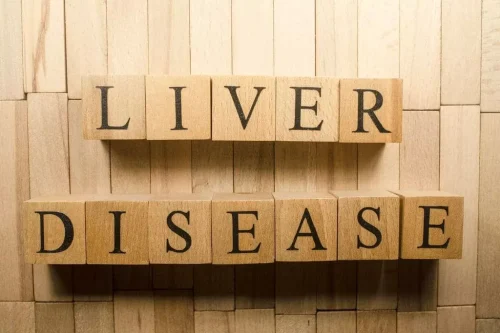
It’s sometimes the last obstacle to overcome on the path to alcohol recovery. They either relapse or seek further therapy to prevent future slips. Such feelings sabotage recovery in other ways as well—negative feelings are disquieting and are often what drive people to seek relief or escape in substances to begin with. In addition, feelings of guilt and shame are isolating and discourage people from getting the support that that could be of critical help. There is an important distinction to be made between a lapse, or slipup, and a relapse. The distinction is critical to make because it influences how people handle their behavior.
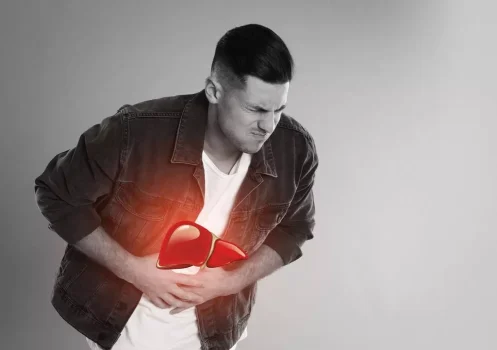
Support for Me and My Family
- Coping skills can keep thoughts from escalating into substance use.
- You can take steps to get back on track after an alcoholic relapse has occurred, and you can watch for warning signs that you might need more intensive intervention.
- Not least is developing adaptive ways for dealing with negative feelings and uncertainty.
- Therapy may focus on identifying high-risk situations and learning ways to avoid them.
The power to resist cravings rests on the ability to summon and interpose judgment between a craving and its intense motivational command to seek the substance. Stress and sleeplessness weaken the prefrontal cortex, the executive control center of the brain. The causes of substance dependence are rarely obvious to users themselves.
What is the Difference Between Sobriety and Recovery?
Next to each, add the techniques you and your therapist or support team have come up with to manage it. Take action as soon as possible to get back on the path to recovery. Accept responsibility for what has happened, ask for help from a sponsor or other supportive and understanding friend or family member, and consider whether additional help from a professional treatment program is needed. How individuals deal with setbacks plays a major role in recovery—and influences the very prospects for full recovery. Many who embark on addiction recovery see it in black-and-white, all-or-nothing terms. They see setbacks as failures because the accompanying disappointment sets off cascades of negative thinking and feeling, on top of the guilt and shame that most already feel about having succumbed to addiction.
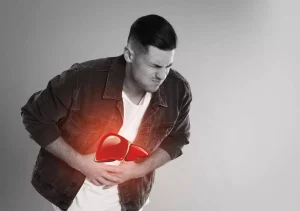
Post-acute withdrawal
That said, there are four general stages of recovery, as compiled by addiction expert Steven M. Melemis, MD. These stages can help prevent relapse and support people to live healthier, fuller lives. Returning to rehab after an alcohol relapse may seem disheartening, but seeking treatment can open the doors to hope and healing. If you or a loved one has relapsed—or you’re simply ready to learn more about your options—AAC can help. In a separate 2014 study published in Drug and Alcohol Dependence, researchers reported relapse rates of 506 people who had maintained recovery from alcohol use disorder for one year. People who become overconfident in their ability to stay sober may put themselves at risk by decreasing recovery meeting attendance, exposing themselves to triggers or trying to control how much they drink instead of abstaining.
Helping a Loved One Avoid Relapse
- Through such a collateral beneficial action, topiramate could lead to the more favourable outcome observed in the augmentation group of the present study.
- Cravings can intensify in settings where the substance is available and use is possible.
- Relapse is characterized by a return to the unhealthy behaviors and negative consequences that characterize addiction.
- GABAergic anticonvulsants have been recommended for the treatment of alcohol dependence and the prevention of relapse.
- Most people assume that an alcohol relapse starts the minute someone starts drinking again.
Refocusing on recovery and further relapse prevention with a care team is crucial. Upon relapse, some individuals https://ecosoberhouse.com/article/are-psychedelics-addictive-side-effects-and-risks/ may require inpatient treatment to stop using and manage symptoms of withdrawal. But failure to cope with cravings and other mental stressors can result in a need to “escape” through relapse. In fact, between 40% to 60% of people with a substance use disorder relapse at some point in their recovery journey. Substance abuse relapse occurs when a person who has attempted to stop using a substance begins to use it again. Relapse can occur very soon after attempting sobriety, or after several years of sustained sobriety.
- In fact, research has revealed that the relapse rates for drug and alcohol addiction are similar to those of other chronic diseases, such as hypertension and asthma.
- Remember, substance use disorder is a chronic condition, so relapse isn’t uncommon.
- Accept responsibility for what has happened, ask for help from a sponsor or other supportive and understanding friend or family member, and consider whether additional help from a professional treatment program is needed.
- Recovery from addiction requires significant changes in lifestyle and behavior, ranging from changing friend circles to developing new coping mechanisms.
You may begin to change the daily routine that you developed in early sobriety that helped to replace your compulsive behaviors with healthy alternatives. You might begin to practice avoidance or become defensive in situations that call for an honest evaluation of your behavior. You try to convince yourself that everything is OK, but it’s not.
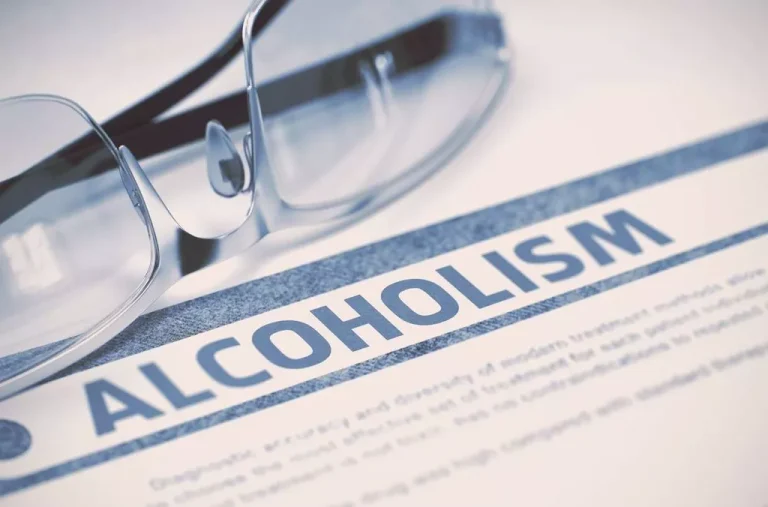
Assessment of abstinence from alcohol was based on self reports, but it was further cross-checked with a family member to ascertain accuracy of information. Also, serum γ-glutamyl transpeptidase (γ-GT) and an alcohol breath test at each visit were used to control Alcohol Relapse abstinence. No discrepancies were observed between these measures of abstinence throughout the study. Although there is ongoing debate regarding the reliability of self-reports of alcohol consumption, it has been shown that data thus collected are a valid source of information in the case of dependent individuals 18.
Careers – Join Our Team
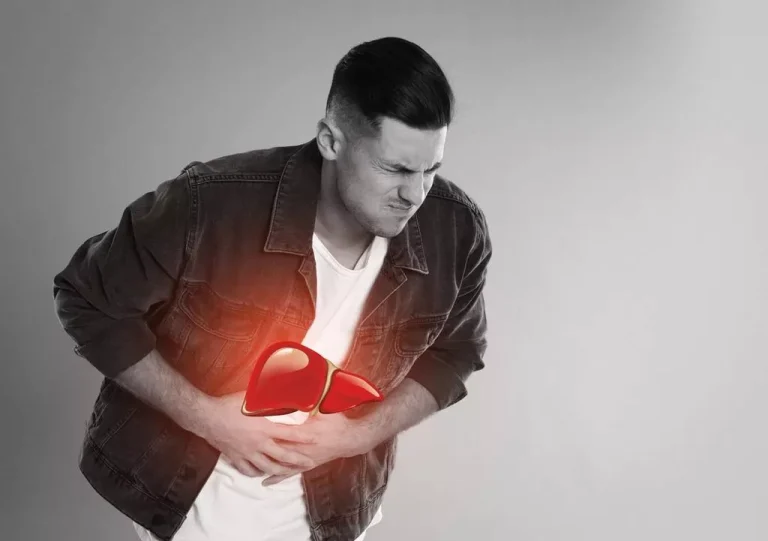
For instance, you might switch from hard alcohol to beer with lower alcohol content or maybe reduce your drinking from six days a week to two. In this article, we’ll discuss the most common causes of relapse, why relapse comes with such a high risk of overdose, and how to find long-term sobriety upon relapsing, most particularly related to opioids. Relapse can be an indication that treatment needs to be reinstated or adjusted. Sticking with treatment for the entire length of the program is important, too.
According to Marlatt, what matters after a lapse is the person’s emotional response to the violation. This response can be a good indicator of whether the individual will relapse. It can begin with an emotional relapse, followed by mental and then physical relapses. Awareness of thoughts, feelings, and behaviors can be indicators of where someone is and what they may need regarding recovery.